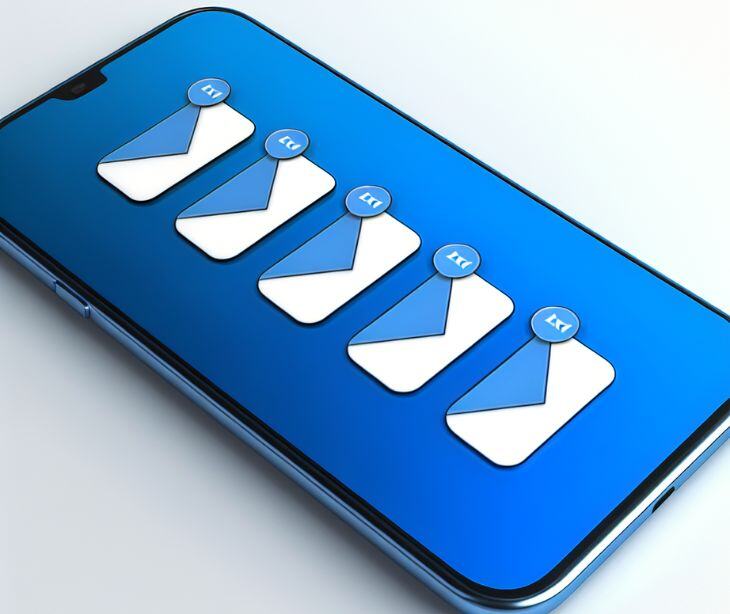
Alert routing directs notifications, warnings, or alerts from various systems or sources to the appropriate individuals or teams for action or resolution. In healthcare, alert routing facilitates timely communication between patients, providers, and various departments.
Understanding alert routing in healthcare
A recent study on alerts in healthcare applications states that "Urgent requests and critical messages in healthcare applications must be delivered and handled timely," and alert routing in healthcare facilitates timely communication. This enables healthcare providers to respond promptly to patient needs and operational challenges.
Healthcare organizations can enhance patient care, reduce errors, and improve overall organizational performance by ensuring that alerts are routed efficiently.
HIPAA compliance and alert content
Alert routing systems must minimize the transmission of PHI to prevent unauthorized access or disclosure of sensitive patient information.
Additionally, implement strategies like encryption and data minimization techniques to minimize the transmission of PHI through alert routing systems. According to the HHS, "covered entities must ensure the confidentiality, integrity, and availability of all e-PHI they create, receive, maintain, or transmit." Healthcare organizations can implement these safeguards to maintain compliance with HIPAA regulations and protect patient privacy.
In a scenario where a healthcare alert system notifies a nurse about a patient's lab result, to ensure HIPAA compliance, the alert system encrypts the transmission and only includes relevant information necessary for the nurse to take appropriate action, such as the patient's identifier and the nature of the alert.
Access controls and audit logs
Access to alerts with PHI should be restricted to authorized personnel with a legitimate need to know. Role-based access control mechanisms can ensure alerts are routed only to individuals or teams directly involved in patient care or relevant administrative tasks.
Detailed audit logs track access to PHI within alert routing systems, ensuring accountability and compliance with HIPAA regulations. These audit logs provide a record of who accessed which alerts and when, facilitating compliance monitoring and investigations in the event of security incidents or breaches.
Best practices for HIPAA compliant alert routing
- Training: Healthcare staff should receive training on HIPAA regulations and proper handling of PHI in alert routing to minimize the risk of inadvertent disclosure and ensure compliance with HIPAA requirements.
- Risk assessments: Conduct regular risk assessments of alert routing systems to identify and address potential security vulnerabilities to ensure the confidentiality, integrity, and availability of PHI.
- Encryption and safeguards: Implement encryption and other safeguards to protect PHI during alert transmission, safeguarding patient privacy, and ensuring compliance with HIPAA regulations.
FAQs
How can organizations balance timely alerts with preventing alert fatigue?
Healthcare organizations can implement intelligent prioritization algorithms to filter alerts based on urgency, customize alert thresholds to match individual preferences and workflow requirements, and provide comprehensive training to staff on effective alert management techniques and strategies for minimizing unnecessary interruptions.
Are there regulations for retaining and disposing of audit logs?
HIPAA mandates a minimum retention period of six years for audit logs, starting from the date of creation or last access. When audit logs are no longer needed, organizations must employ secure disposal methods, such as encryption or shredding, to prevent unauthorized access or disclosure of sensitive information.
How can organizations ensure secure alert transmission to mobile devices?
Organizations can implement encrypted messaging platforms that adhere to HIPAA standards for data protection to ensure alert transmission to mobile devices. Additionally, they can deploy mobile device management (MDM) solutions to enforce security policies, remotely wipe devices in case of loss or theft, and ensure compliance with HIPAA regulations regarding mobile device usage.
Subscribe to Paubox Weekly
Every Friday we'll bring you the most important news from Paubox. Our aim is to make you smarter, faster.



